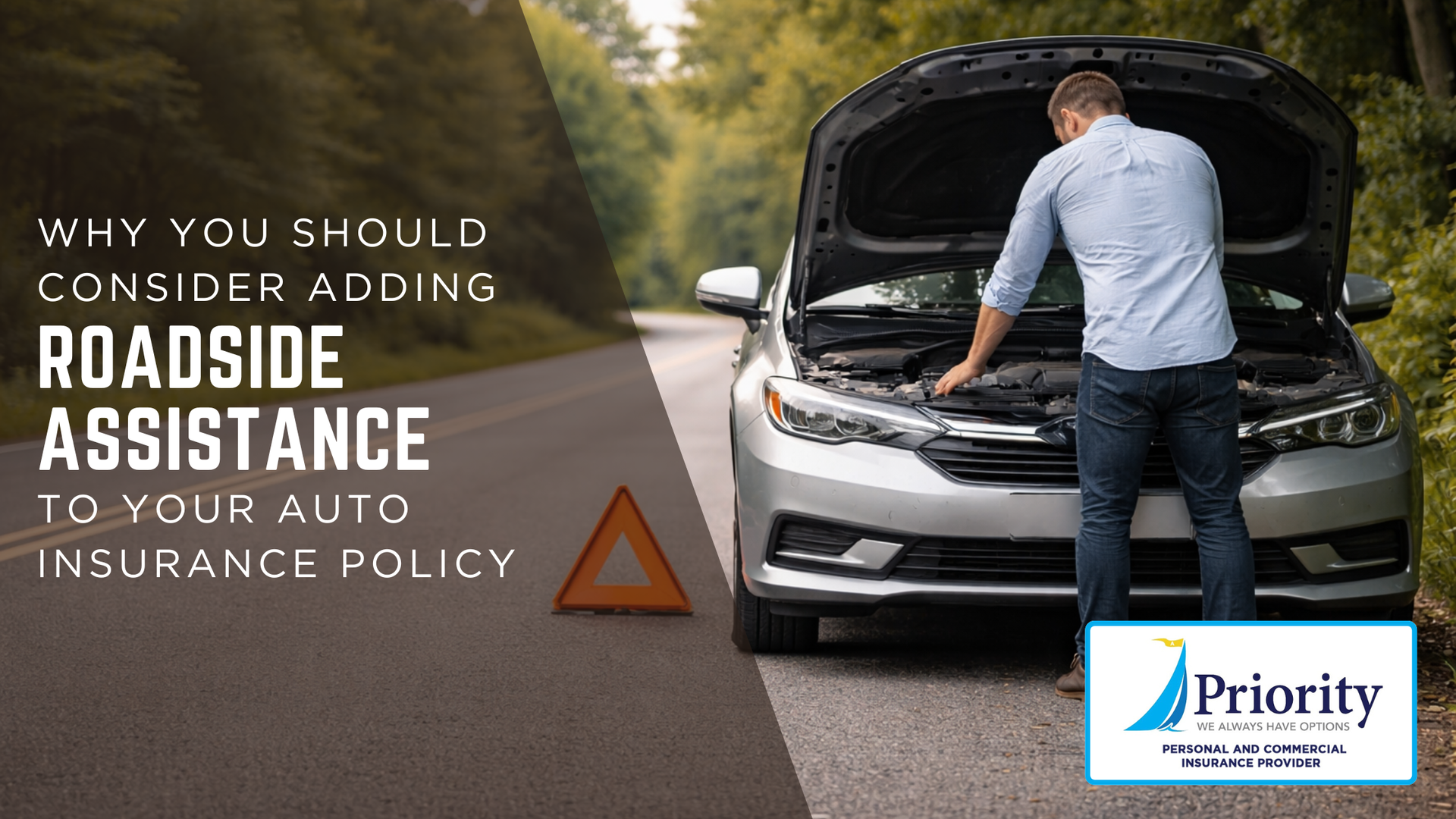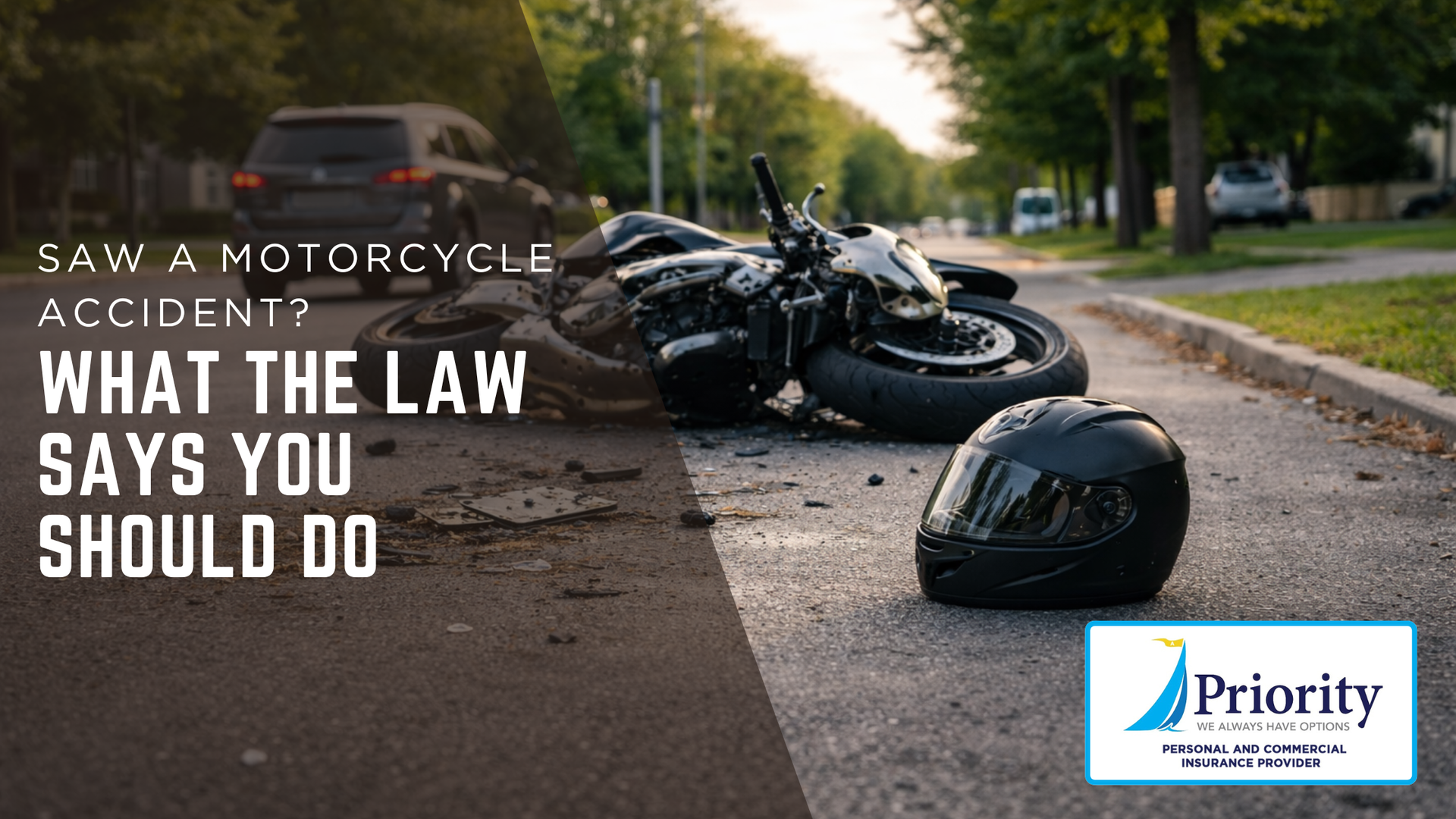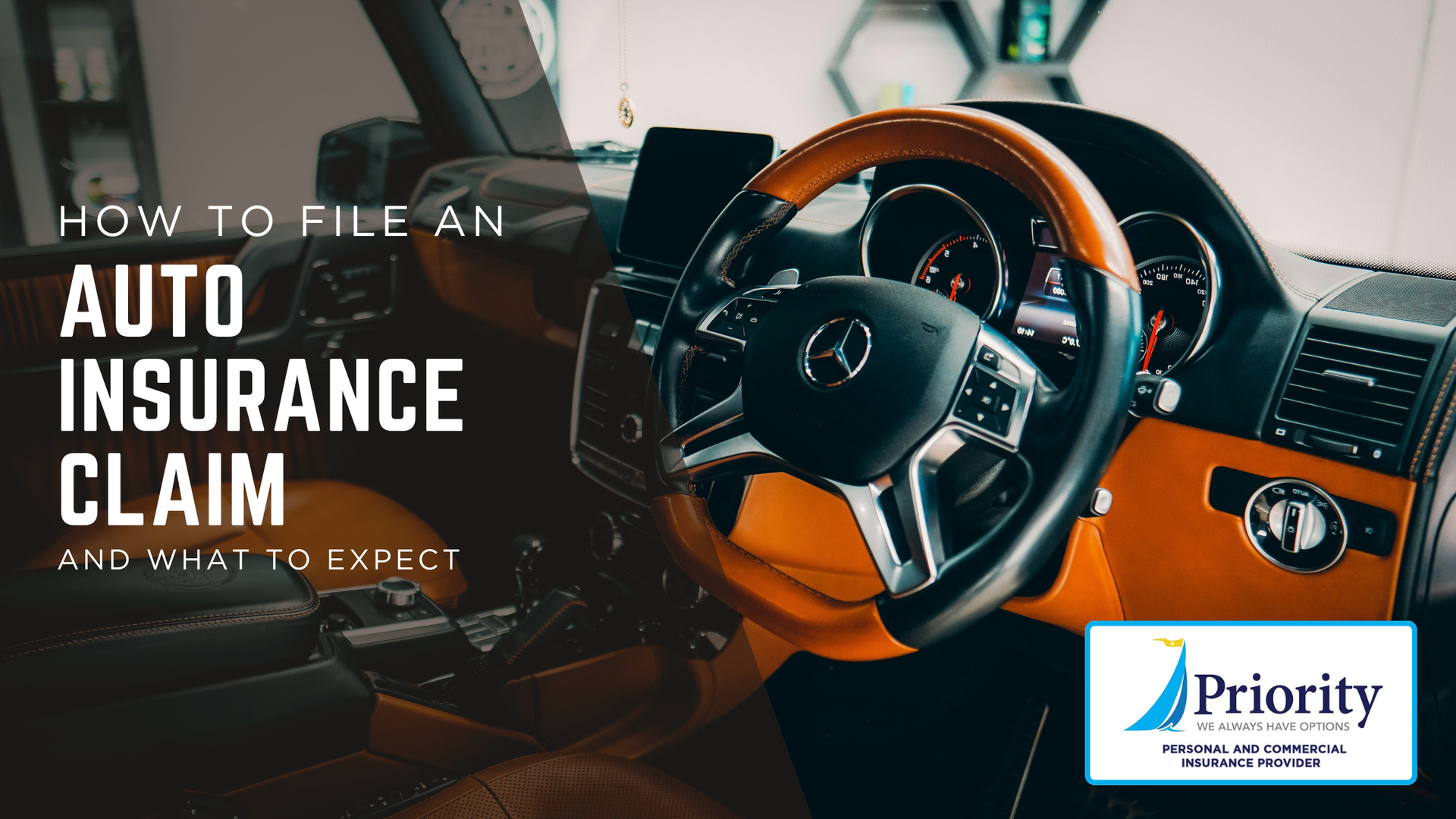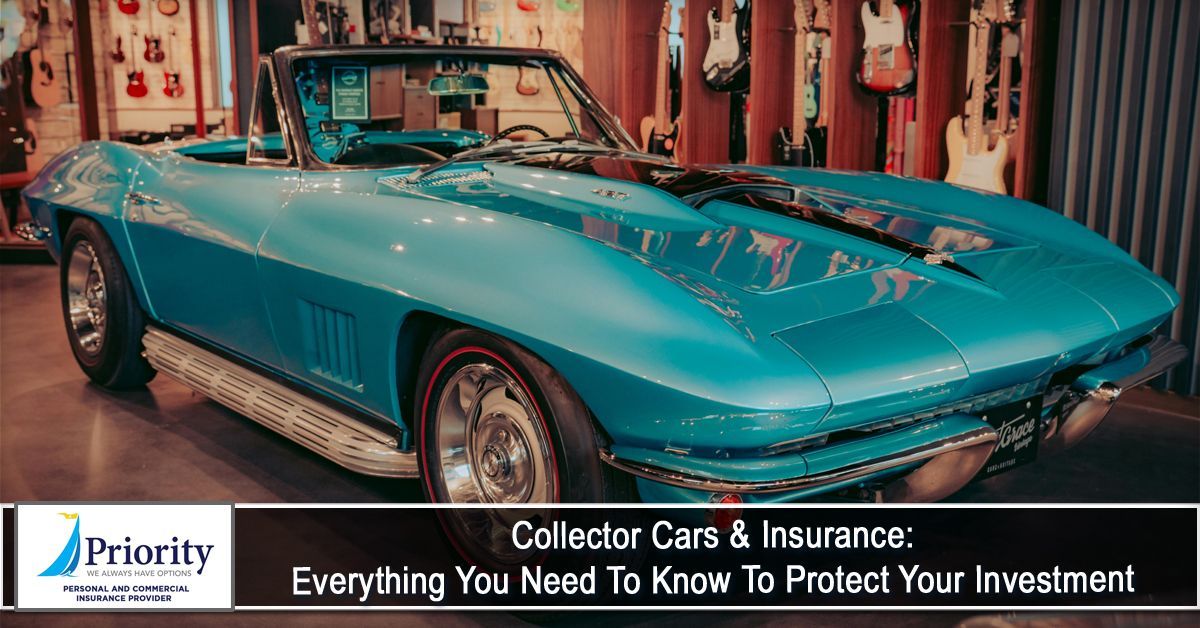
Reaching the 200,000-mile mark is a major milestone—and a testament to smart ownership and regular maintenance. With today’s automotive technology, it’s not uncommon for well-cared-for vehicles to keep running smoothly for decades. But hitting that high mileage requires more than luck—it takes consistency, attention to detail, and proactive planning.
Just as importantly, maintaining proper auto insurance coverage is essential—even if your car is older or paid off. Here's how to keep your high-mileage vehicle in peak condition while ensuring you're still protected on the road.
Proven Tips to Keep Your Car Going Strong
1. Stick to a Strict Maintenance Schedule
Follow your manufacturer’s maintenance intervals religiously, including:
- Oil and filter changes every 3,000–7,500 miles
- Coolant flushes
- Transmission fluid replacements
- Brake inspections and fluid checks
Regular service extends the life of your engine, transmission, and critical systems.
2. Don’t Ignore Warning Signs
That check engine light, unusual noise, or fluid leak isn’t just an inconvenience—it’s a warning. Address small issues promptly to avoid costly repairs later.
3. Use Quality Parts and Fluids
Opt for OEM (Original Equipment Manufacturer) or high-quality aftermarket parts, especially for major components. Using the right oil viscosity and premium fluids can make a noticeable difference in performance.
4. Monitor Tire Health and Alignment
Rotating your tires every 5,000–7,500 miles and maintaining proper alignment can improve fuel efficiency, prolong tire life, and reduce strain on suspension components.
5. Drive Gently
Hard acceleration, frequent short trips, and excessive idling all contribute to engine wear. Smooth, conservative driving habits reduce stress on the vehicle and improve longevity.
6. Keep It Clean
Rust and corrosion can creep in over time—especially in regions with harsh winters. Wash your car regularly (including the undercarriage), and consider applying rust protection to vulnerable areas.
Why Auto Insurance Is Still Important—Even After 200,000 Miles
Some drivers are tempted to reduce or drop coverage on older vehicles to save money. While it’s true that you may not need full coverage on a lower-value car, auto insurance remains essential—no matter how many miles are on the odometer.
Here’s why:
1. Liability Insurance Is Legally Required
Even if your car isn’t worth much, you’re still responsible for damages or injuries you cause in an accident. Liability insurance covers these expenses—and is required in most states.
2. Uninsured/Underinsured Motorist Protection
If you’re hit by someone who doesn’t have enough insurance (or any at all), this coverage helps pay for your medical bills and property damage.
3. Collision and Comprehensive May Still Be Worth It
If your car still has substantial value—or if you rely on it heavily—you may want to keep collision and comprehensive coverage for protection against:
- Accidents
- Theft or vandalism
- Natural disasters (hail, flooding, etc.)
4. Peace of Mind
Even if your vehicle is older, being involved in an accident without insurance can lead to legal trouble, out-of-pocket costs, and financial hardship. Auto insurance helps protect you from the unexpected.
Final Thoughts
Reaching 200,000 miles is an impressive achievement—but keeping your car running smoothly beyond that takes dedication and smart planning. Regular maintenance, quality parts, and cautious driving are key ingredients. And while your car’s value may decrease over time, the importance of auto insurance never does.
Protect your ride. Protect your wallet. And drive confidently—mile after mile.
At Priority Insurance LLC, we put our clients first by offering them policies that they can afford. Having insurance is a necessity nowadays, and we're here to help you out. Learn more about our products and services by calling our agency at (864) 297-9744. You can also request a free quote by CLICKING HERE.
Disclaimer: The information presented in this blog is intended for informational purposes only and should not be considered as professional advice. It is crucial to consult with a qualified insurance agent or professional for personalized advice tailored to your specific circumstances. They can provide expert guidance and help you make informed decisions regarding your insurance needs.











